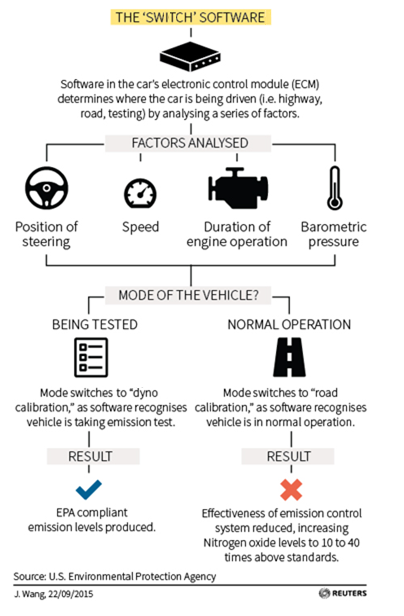7667766266
enquiry@shankarias.in
Why in news?
Germany’s Federal Court of Justice (BGH) ruled against car manufacturer Volkswagen, the first judgment in the dieselgate scandal.
What was the “dieselgate scandal”?

What did the EPA bring to light?
What is the latest court ruling about?
Why is the ruling significant?
Source: Indian Express